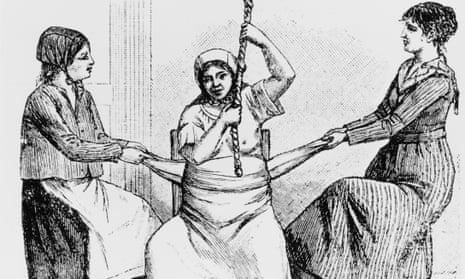Hello everyone
I’m still researching my book about my great grandfather (only been doing it for ten years so far!)
I’m wondering about who would help women in childbirth before midwives.
I vaguely remember reading somewhere that older women skilled in natural remedies were employed as midwives, although it may have been a dream! I’m sure expectant mothers sent one of their other children off with a half crown to the local hedge-witch to procure their services?
Does anyone know whether this rings true or not?
I’m still researching my book about my great grandfather (only been doing it for ten years so far!)
I’m wondering about who would help women in childbirth before midwives.
I vaguely remember reading somewhere that older women skilled in natural remedies were employed as midwives, although it may have been a dream! I’m sure expectant mothers sent one of their other children off with a half crown to the local hedge-witch to procure their services?
Does anyone know whether this rings true or not?


